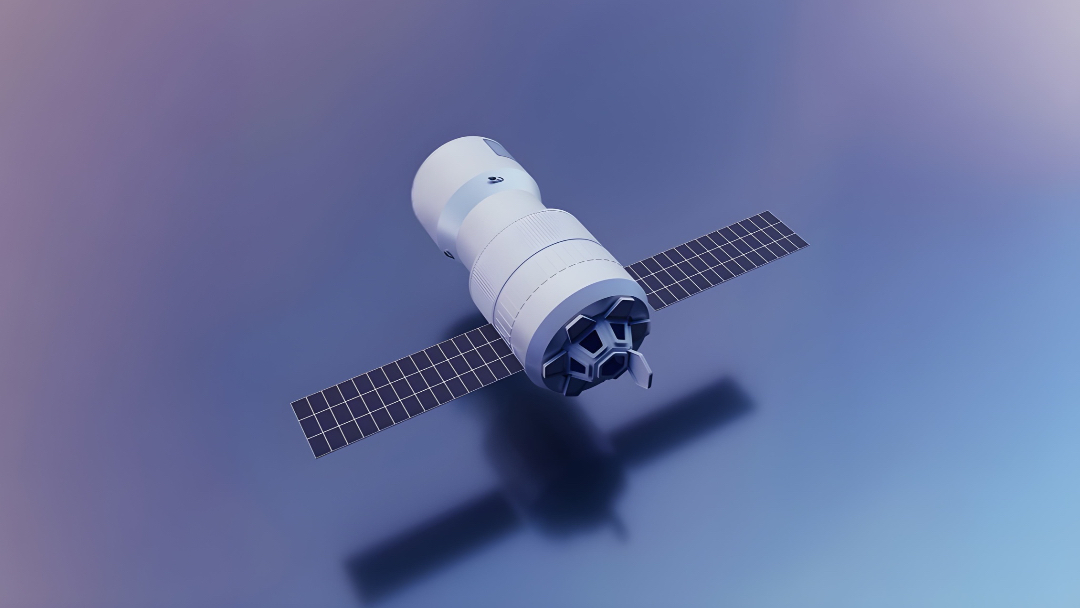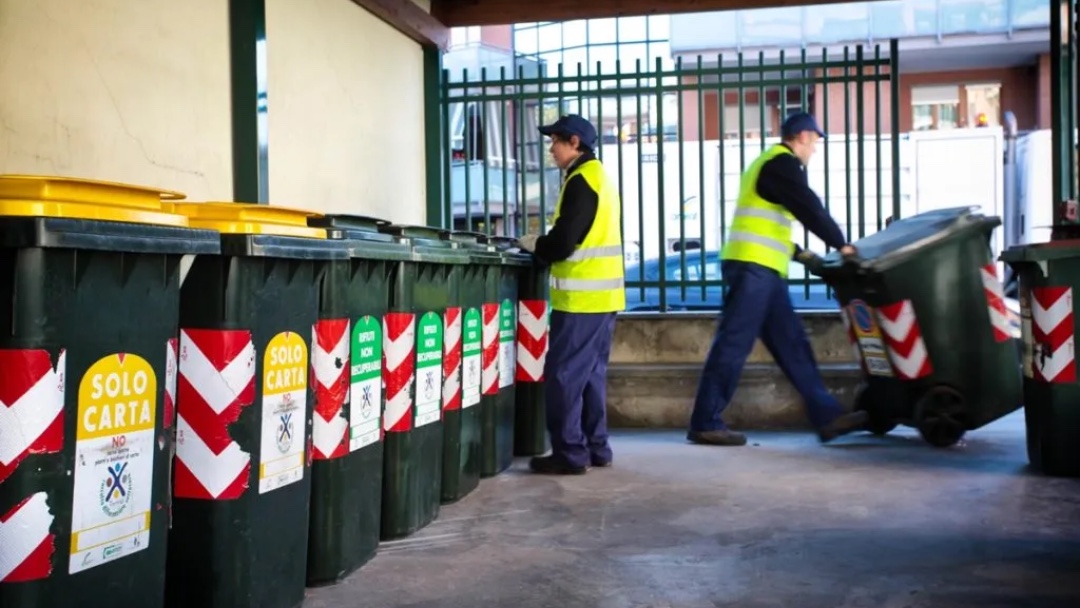The national aerospace industry has started a substantial transformation to ensure competitive, solid and sustainable growth in the future international context through an innovation ecosystem that will guarantee high technical-scientific training, new professionals with distinctive skills, advanced research and cutting-edge technological solutions. There is also no lack of attention to European policies, relating to the environment and climate, and the intention to promote the collaboration of public and private entities for the evolution of strategic skills and competences in a logic of sharing.
The digitalization of the entire product life cycle, from design to logistics support, supercomputers and artificial intelligence, big data analysis to optimize performance and consumption, the electrification of propulsion, the intelligent management of power and thermal energy on board aircraft, metamaterials, autonomous flight and interoperability Between piloted and unmanned aircraft, pilot behavior and adaptive learning and digital assistance solutions, space and interplanetary missions, will be the central themes of innovation.
To meet these challenges, the new technological innovation infrastructure IS4Aerospace – Knowledge Transfer Innovation Infrastructure for New Aerospace Challenges has been created with a total value of 23.6 million euros, funded by the Ministry of University and Research as part of the PNRR and proposed by the Polytechnic University of Turin, which coordinates it, together with Avio Aero, Leonardo and Thales Alenia Space, which co-finance the initiative in public-private partnership.
IS4Aerospace is a first step for the City of Aerospace, an initiative promoted by the Piedmont Region and public and private partners, which will host joint laboratories for research and development of key technologies in the field of next-generation aircraft.
The Rector of the Polytechnic Stefano Corgnati commented: “The new IS4Aerospace infrastructure is one of the first concrete results of the strategy that we as a University are carrying out for the networking of research infrastructures in the area, together and with companies. The creation of places dedicated to research in partnership can not only encourage joint innovation activities, but also be a stimulus for the development of our territorial ecosystem, especially in a sector as dynamic and technologically dense as that of Space”.
The new joint laboratories will provide an integrated ecosystem of development, prototyping and experimentation, in the laboratory and in flight, increasingly essential to accelerate the maturation and integration of innovative aeronautical and space components on future products and services, covering the life cycle process ranging from digital design to validation under realistic conditions.
The infrastructure is designed to be flexible so that it can develop various innovative technologies, ensuring their maturation through incremental paths and approaches based on high-fidelity numerical simulations, Artificial Intelligence and the creation of Digital Twins. The laboratories will be able to recreate the individual systems, both through real components and by means of simulations, as well as the integrated environment that will ensure the realistic representation of the individual components and the aircraft, and their behavior in all conditions in which to operate.
In particular, Avio Aero will build a High Performance Computing laboratory, designed to accelerate innovation in the integration of hybrid-electric propulsion systems on aircraft with reduced environmental impact. This state-of-the-art laboratory, in fact, will allow testing and validation activities to be conducted through the simulation and analysis of the aerodynamic and acoustic response of propulsion systems. In addition, it will enable the modeling and testing of hybrid engine architecture systems powered by sustainable fuels, as well as the creation and operation of Digital Twins models for the digitalization of components, subsystems and propulsion systems.
Leonardo will instead develop the first four laboratories of the AI.rcraft Innovation Center, which will cover areas of strategic interest with environments for the development and validation of solutions based on artificial intelligence algorithms and digital technologies for aeronautics, monitoring and pilot assistance systems in critical environmental situations and high psycho-physical workload, disruptive technologies for the training of future pilots and maintainers, advanced pilot-aircraft and aircraft-aircraft interfaces with increasing levels of automation and autonomy in the management of workload and performance in real time in scenarios where piloted and unmanned aircraft will collaborate. There will also be environments for the generation and analysis of data from fleets in service for the development of solutions that will allow the monitoring and predictive management of aircraft components and systems in real time, increasing the effectiveness and sustainability of the product throughout its life cycle. Much attention will be paid to all digital solutions for logistical support that will make it possible to prevent or identify the onset of failures at an early stage and to optimize maintenance interventions. The nearby Collegno Airfield will also be involved in the initiative for ground and flight testing activities through the use of experimental aircraft.
As far as Thales Alenia Space’s activities are concerned, the Materials One Point Service – MOPS laboratory will be able to support space exploration projects, but can also offer a service to programs that are not necessarily space-oriented. In fact, it will guarantee a fast and wide acquisition of data and technological information useful for product design, making it more agile and competitive.
The Politecnico di Torino will coordinate the activities of the laboratories, while providing advanced skills in the innovation issues proposed by companies and strengthening collaboration and exchange with industrial realities to improve the competitiveness of the territory, helping to strengthen the value of the supply chain at national and international level and generating additional qualified employment.
Located in the heart of the City of Aerospace, the new laboratories will in fact be the fulcrum of an ecosystem where the technological-industrial excellence of the large company is integrated with the academic world, small and medium-sized enterprises and startups.
The Is4Areospace innovation technological infrastructure is funded by the European Union – Next Generation EU, Mission 4 Component 2 – From Research to Business.
(Source: Politecnico di Torino press release)





